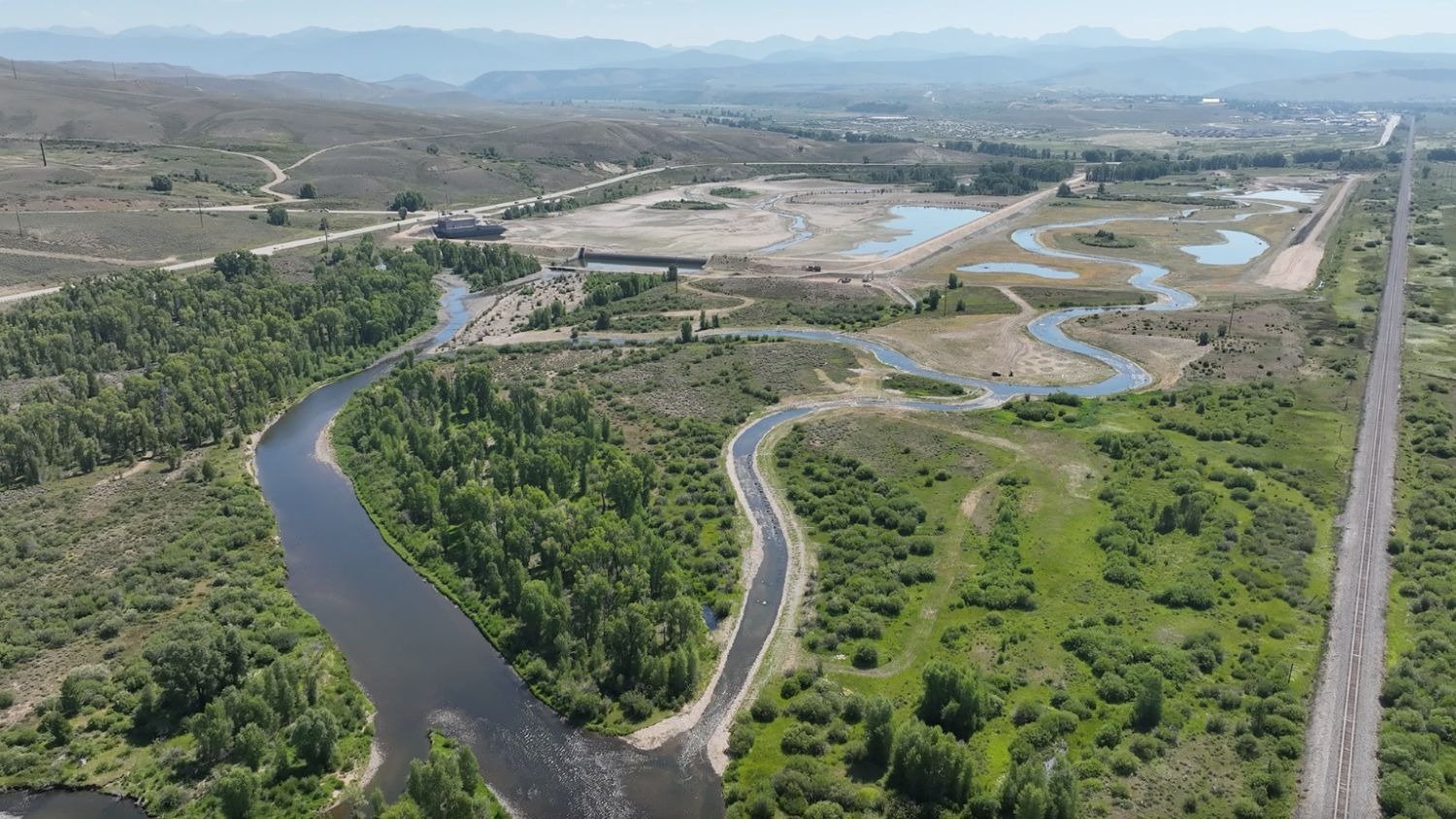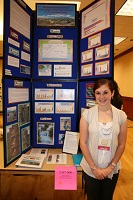Bennet & Tipton Bills = Good News for Hermosa Creek!
In a true “One TU” effort, a cutthroat stronghold may soon have a permanently protected home. The Hermosa Creek basin has long been a focus area for southwest Colorado’s 5 Rivers chapter and staff from TU’s Sportsmen’s Conservation Project and Colorado Water Project. Now, U.S. Senator Michael Bennet and U.S. Representative Scott Tipton have introduced a bill to protect more than 107,000 acres of the Hermosa Creek Watershed, an area in the San Juan National Forest north of Durango. The “Hermosa Creek Watershed Protection Act” would establish management for the Hermosa Creek Watershed based on recommendations from the Hermosa Creek River Protection Workgroup, which included local water officials, conservationists, sportsmen, mountain bikers, off-highway-vehicle users, outfitters, property owners, grazing permit holders and other interested citizens.
“We are lucky in Colorado to be able to enjoy many of the country’s most beautiful landscapes in our backyards. The Hermosa Creek Watershed represents some of the best Colorado has to offer,” Bennet said. “This bill will protect this land for our outdoor recreation economy and for future generations of Coloradans and Americans to enjoy. It is the result of a local effort that took into account the varied interests of the community, and that cooperation helped us put together a strong bill with the community’s input.”
Senator Bennet’s sentiments were mirrored by Representative Tipton in a joint press release on April 25th.
“As one of Colorado’s most scenic areas, Hermosa Creek has long been treasured by the local community and by countless visitors who have explored all that the region has to offer,” Tipton said. “Local stakeholders including snowmobilers, anglers, hunters, other outdoor enthusiasts, elected officials, miners and Southwest Colorado residents have voiced their support to preserve the Hermosa Creek watershed and the multiple use recreation opportunities it provides. In response to this locally driven effort, Senator Bennet and I have joined together to put forward legislation to protect and preserve this special place, and ensure that Coloradans as well as visitors to our great state have the opportunity to experience Hermosa Creek’s abundant natural beauty for generations to come.”
The bill would designate certain public lands in SW Colorado as the Hermosa Creek Watershed Protection Area. In accordance with the consensus recommendations of the Hermosa Creek Workgroup, roughly 38,000 acres of the watershed would be set aside as wilderness, to protect some of the finest elk habitat in Colorado. Of particular interest to TU, a Special Management Area would be established to protect a Colorado Parks and Wildlife Colorado River cutthroat trout reintroduction program.
Click here to learn more about Sportsmen for Hermosa, or if you prefer visit us on Facebook. To get involved with TU's work for Hermosa, you can contact Ty Churchwell at tchurchwell@tu.org.









